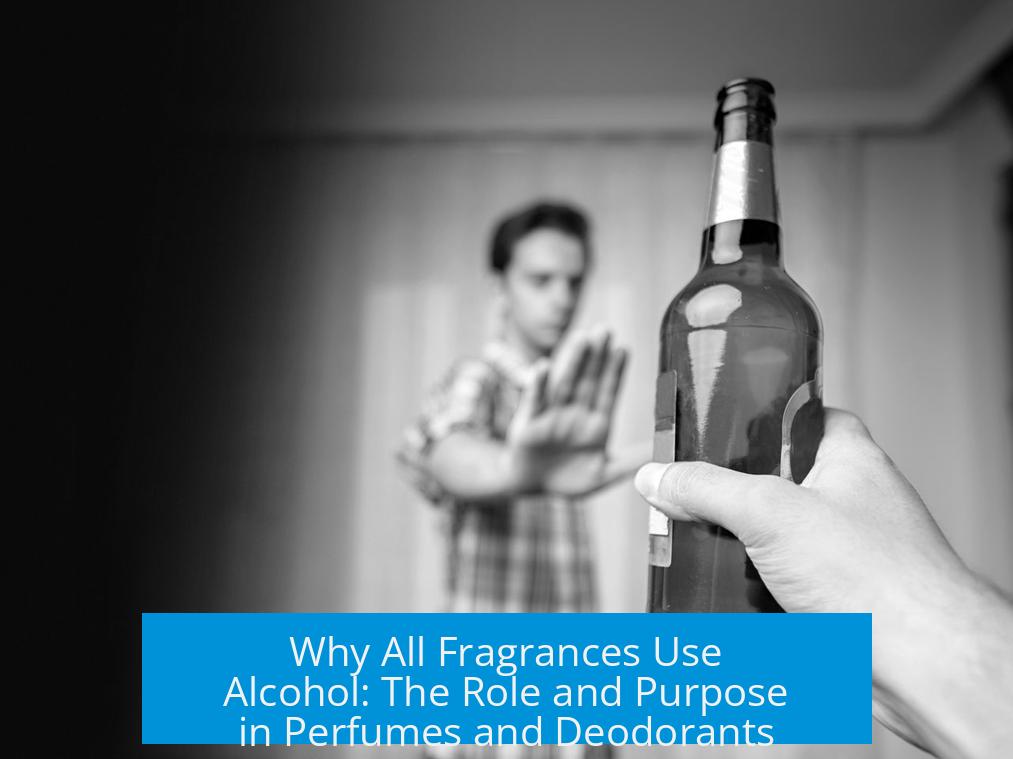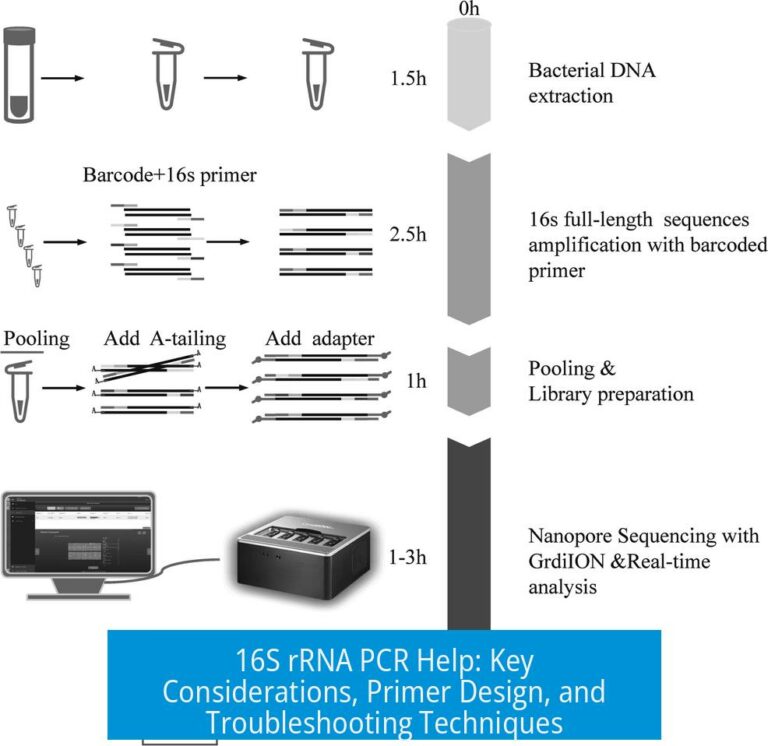Why Do Perfumes, Colognes, and Deodorants Contain Alcohol?
Alcohol is included in perfumes, colognes, deodorants, and fragrances primarily because it acts as a solvent, carrier, and enhancer that ensures proper fragrance delivery and evaporation on the skin. This multi-functional role underpins the formulation of these products.
Alcohol as a Solvent
Perfumes and fragrances contain a variety of essential and aromatic oils. These oils do not mix easily on their own. Alcohol dissolves these oils effectively, creating a uniform solution. This ensures that the scent is consistent throughout the product. Without alcohol, the oils would separate, affecting the quality and application of the fragrance.
Physical Properties of Alcohol
- Alcohol has a low boiling point, meaning it evaporates rapidly upon skin contact.
- This quick evaporation carries the fragrance oils with it into the air.
- The vaporized scent molecules reach the nose, making the smell detectable.
- Being non-toxic in small amounts, alcohol is safe for topical application.
Control Over Dilution and Dosage
Fragrance oils are highly concentrated. Alcohol dilutes them to a manageable level. This dilution allows users to apply a controlled amount of scent without overwhelming intensity. It ensures balance between longevity and subtlety of the fragrance, optimizing user experience.
Enhancement of Scent Detection
Scent perception requires molecules to become airborne and reach olfactory receptors. Alcohol facilitates this by vaporizing the fragrance oils. Without alcohol, the scents would not disperse efficiently, making them harder to detect.
Additional Notes on Alcohol in Fragrance Products
While alcohol’s flammability is sometimes mentioned humorously—as in its potential to serve as an improvised flamethrower—this is not a functional aspect in perfumes or deodorants.
Key Takeaways
- Alcohol dissolves fragrance oils to form a uniform solution.
- It evaporates quickly, carrying scent molecules into the air for detection.
- Alcohol dilutes concentrated oils for controlled application and dosage.
- Facilitates fragrance vaporization, enhancing scent perception.
- Its non-toxic nature makes it safe for use on skin at proper levels.
Why is alcohol used as a solvent in perfumes and colognes?
Alcohol dissolves fragrance oils, allowing them to blend evenly. This uniform mix is necessary for consistent scent delivery.
How does alcohol help the fragrance spread on the skin?
Alcohol evaporates quickly upon contact with the skin. It carries the fragrance oils, helping them vaporize and release scent effectively.
Why must perfumes be diluted with alcohol?
Dilution controls the concentration of fragrance oils. This helps users apply perfumes in appropriate, manageable amounts without overwhelming scent.
What role does alcohol play in scent detection?
Fragrances must vaporize for us to smell them. Alcohol assists this by turning the liquid oils into vapor, making the scent detectable to the nose.
Is there any non-fragrance reason for alcohol in these products?
Besides fragrance delivery, alcohol’s flammability is a notable characteristic, though not a practical function within the products themselves.





Leave a Comment